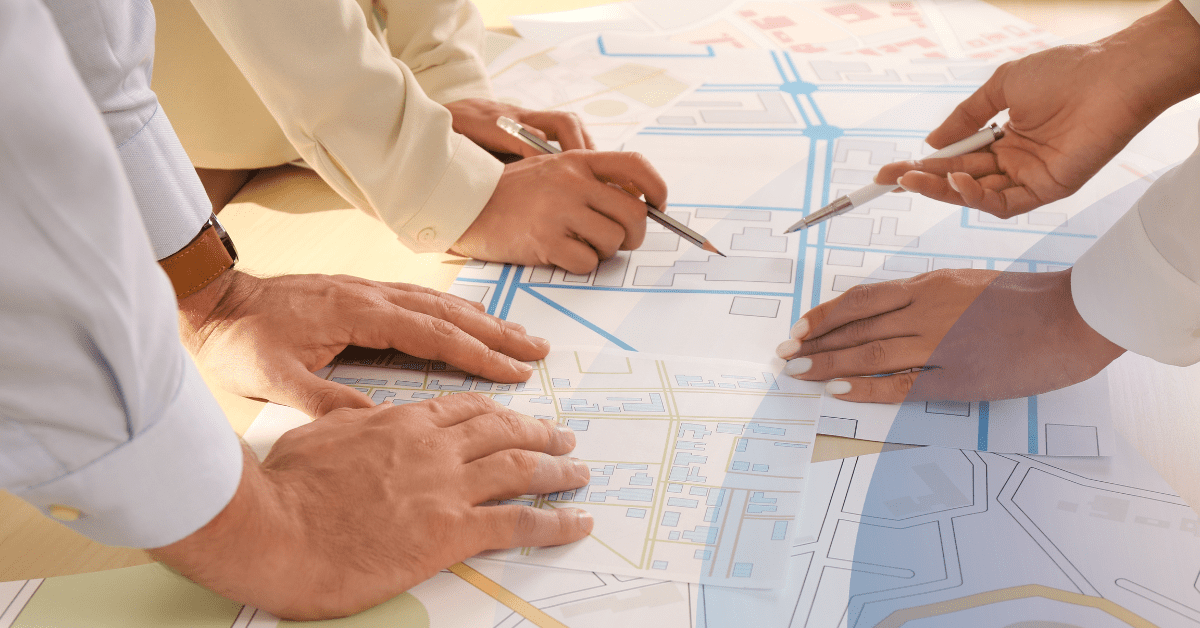I’ve tried it all… the home edit, the Marie Kondo method, Pinterest dollar store finds for organization. I’m addicted to anything related to organizing your home and life. My t-shirts are folded in thirds and stacked horizontally, socks are in Ikea drawer organizers, books are arranged by the colors of the rainbow (this one makes no sense, but they look pretty). However, it takes about 2.2 seconds for my methods to crumble.
Why?
I’d like to blame the other people living in my household who are never as enamored of my systems as I am. But the biggest culprit is my complete lack of personal discipline. I tend to quickly stuff things out of sight when I’m in a hurry, and I’m always in a hurry (I know you can relate).
I keep reorganizing though because when things are organized, I truly feel better and work faster. My mindset, productivity and energy are just stronger. Stuff gets done without spinning my wheels on finding what I need. I think this is true of most people, though your organization process is likely very different from mine, and that’s okay, whatever works for you, do that.
Do that. The end. Short blog.
Just kidding. Goals are like socks, emails, bills, books, we need to know where they are so we can put them on, answer them, pay them, read them… One of the reasons we tend to drop some goals is that we don’t organize ourselves around their achievement. We write them down, and then possibly forget where. But when we can see all our shirts or know exactly where the charger is, we get out of the house faster. Goals feel less concrete; you can’t pick them up like a book, and therefore they require a different set of organizational rules.
Number 1: Understand yourself. I know, it sounds a bit hokey. But really, understanding yourself is the foundation for literally everything. For example, it helps you identify potential roadblocks, like a tendency to take shortcuts when you’re in a hurry. Who you are intrinsically doesn’t stop you from doing anything, rather it gives you the answer key for getting what you want in a way that works best for you. Knowing you are naturally cautious, extroverted, detailed, or fast paced, helps you assess the best ways to use your strengths and navigate around your weaknesses as you work towards each goal. Self-awareness enhances our focus and helps light our way.
Number 2: Create SMART goals (I know another acronym). SMART goals are specific, measurable, attainable, relevant, and timely.
Specific. Being specific is always important. If I ask for a PB&J sandwich and get one made with grape jelly, but I’m allergic to grapes, that’s a problem. I wasn’t specific. Know what you want, why you want it, whose help you might need and the resources you’ll require. Include that information in your goal.
Measurable. There needs to be an indicator of success. For example, you set a goal to work on your public speaking. Make it measurable by adding activities to get you there. I will sign up for Toastmasters or some other course, complete the course by (time) and give a presentation on (your area of expertise) to my department at our Q3 team meeting.
Attainable. Goals are all about stretching, but don’t let yourself snap!
Relevant. Sometimes things change and a goal might not be relevant to you anymore. You set a goal to get a corner office, but now your office is fully remote, the goal is not relevant.
Timely. That means deadlines. When will you accomplish the goal?
Number 3: For each goal, have a plan. The plan might vary based on the goal. You might find your goal is achieved by a simple checklist or maybe it will require a more elaborate layout. Also, your personality type is likely to drive the level of detail you put into each plan and that’s okay. Using our “work on my public speaking” goal as an example, your plan might be to research classes, workshops or other activities that develop your public speaking skills by a certain date. Next, choose one, maybe 2, and go through the course. Finally, your plan is to do a presentation to a group of at least 20 people by a certain date. Your organized plan makes execution much easier.
If you are interested in learning more about yourself or your team as you develop goals for 2022, the Omnia Assessment is a great place to start. Our self-awareness reports provide a non-threatening review of an individual’s strengths and challenge areas. Each report is written to (not about) you and provides a way to reflect on your own personal tendencies and preferences.
So put those socks away and admire your color coordinated bookshelves on your road to a bigger, better, more organized 2022.























